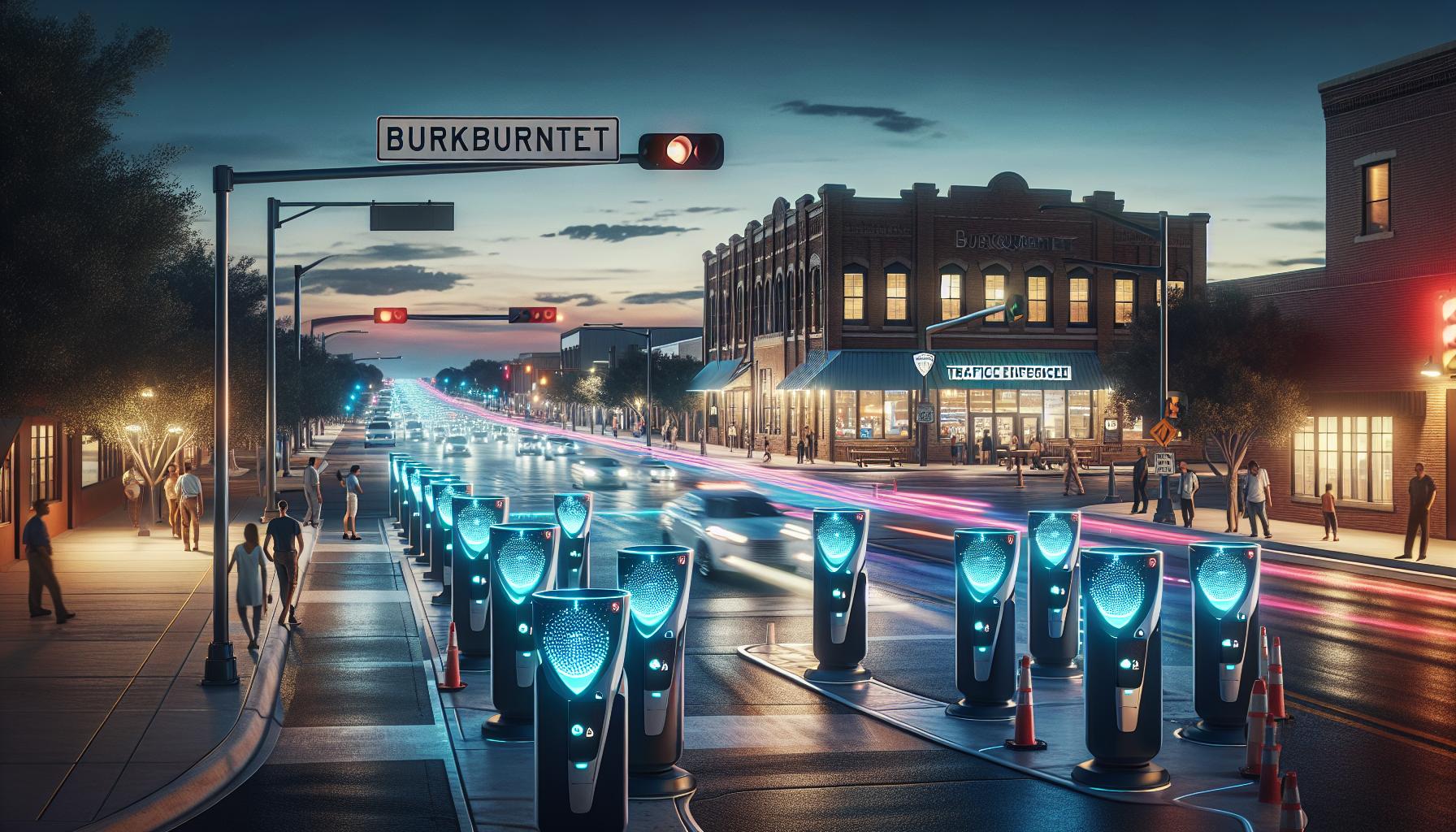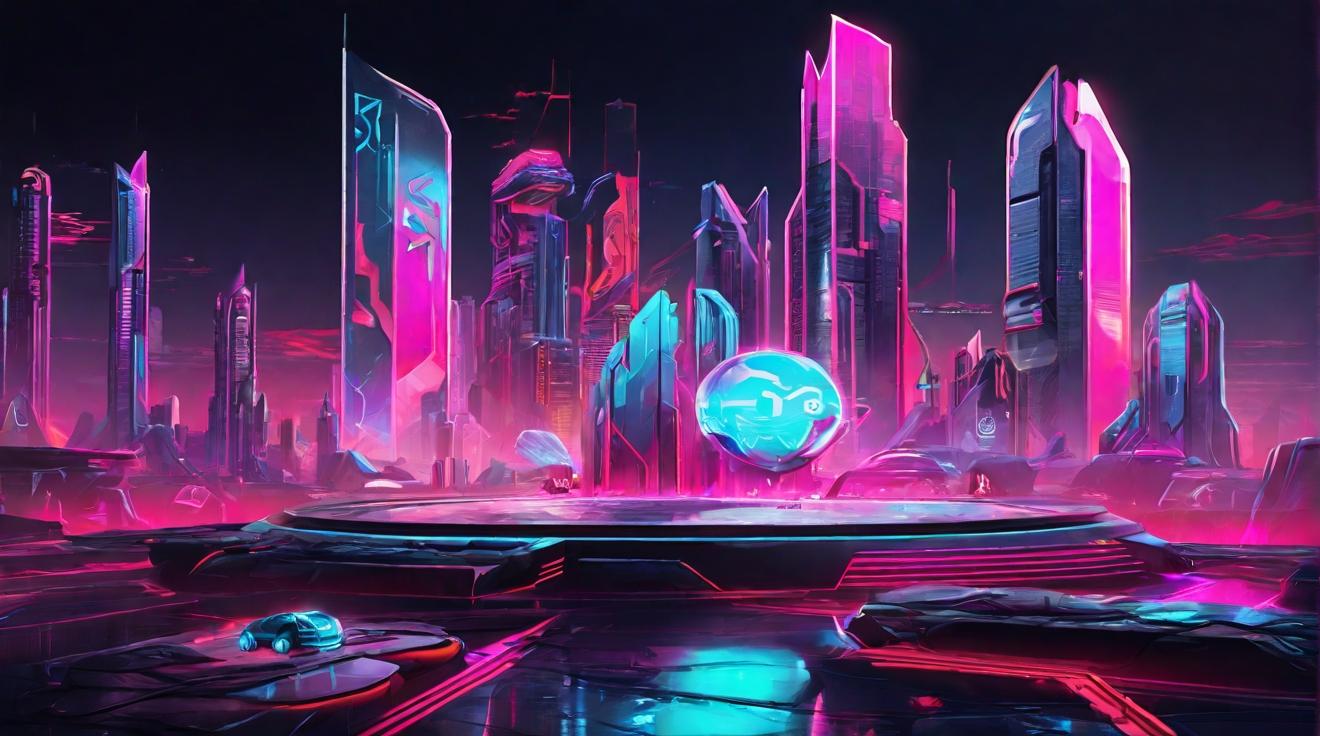Cerca: Redefining Gen Z Dating Through Social Circles
The contemporary dating landscape is widely regarded as challenging, with many sharing stories of frustration and disillusionment. Myles Slayton, a former banking intern in New York City, experienced these struggles firsthand. Observing the difficulties he and his peers faced, Slayton questioned why existing dating apps seemed ineffective for his generation. Slayton concluded that the problem was not the concept of dating apps themselves but rather their design, which primarily caters to millennials. Gen Z’s approach to relationships is distinct, favoring connections through mutual acquaintances and social networks rather than random matches.Introducing Cerca: A Social Circle-Based Dating Platform
Together with co-founders Willy Conzelman and Carter Munk, Slayton launched Cerca just months ago. The app connects users exclusively with friends or friends of friends already on the platform. This model aims to rebuild trust and reduce the anxiety associated with dating strangers. Cerca recently secured $1.6 million in seed funding and has attracted approximately 60,000 users, primarily in New York City and university settings. The startup will present its technology at TechCrunch Disrupt 2025 in San Francisco this October.Addressing Gen Z’s Trust and Rejection Concerns
Slayton explains that Gen Z’s dating preferences have shifted due to the internet’s evolution and the COVID-19 pandemic, resulting in decreased trust toward strangers and heightened fear of rejection. Cerca’s design directly tackles these issues.- Users create a standard profile and sync their contacts to limit matches to known social connections.
- All likes remain anonymous, reducing the fear of rejection.
- Users receive only four swipes per day to encourage thoughtful engagement and combat swiping fatigue.
“There is no world where you should be seeing 100 profiles in a minute,” Slayton said. “You should really be taking a second to think about each profile. These are real people.”
Profile Interaction and Matchmaking Mechanics
Cerca’s profiles prioritize mutual friends, followed by background information and photos, shifting focus from superficial judgments. When a user receives a like, the app boosts the liker’s profile in the recipient’s feed without revealing identities upfront. Matches are disclosed each evening, maintaining anonymity about who initiated contact. This system encourages genuine connections and reduces pressure, while allowing users to vet potential dates through mutual friends, enhancing safety and trust.Prioritizing Safety and User Control
Cerca incorporates several safety measures:- Users choose which contacts to sync and can block specific individuals from seeing their profiles.
- Filters allow exclusion of certain professions or keywords to tailor match suggestions.
- The app disables screenshotting and screen recording to protect user privacy.
Building a Community Beyond the App
Beyond digital innovation, Cerca engages its users through merchandise and hosted events, fostering a sense of community and shared experience among its user base. Slayton and his co-founders view participation in Startup Battlefield at TechCrunch Disrupt as a pivotal opportunity to showcase their vision and reshape perceptions around dating.FinOracleAI — Market View
Cerca’s approach addresses critical shortcomings in the current dating app market by realigning product design with Gen Z’s social and psychological needs. Its emphasis on social circles, privacy, and reduced swiping aligns with emerging user preferences seeking authenticity and safety.- Opportunities: Expansion into university campuses and urban centers; potential partnerships with social platforms; increased demand for privacy-focused dating solutions.
- Risks: User growth dependency on network effects; competition from established apps adapting to Gen Z trends; maintaining user engagement with limited daily swipes.













